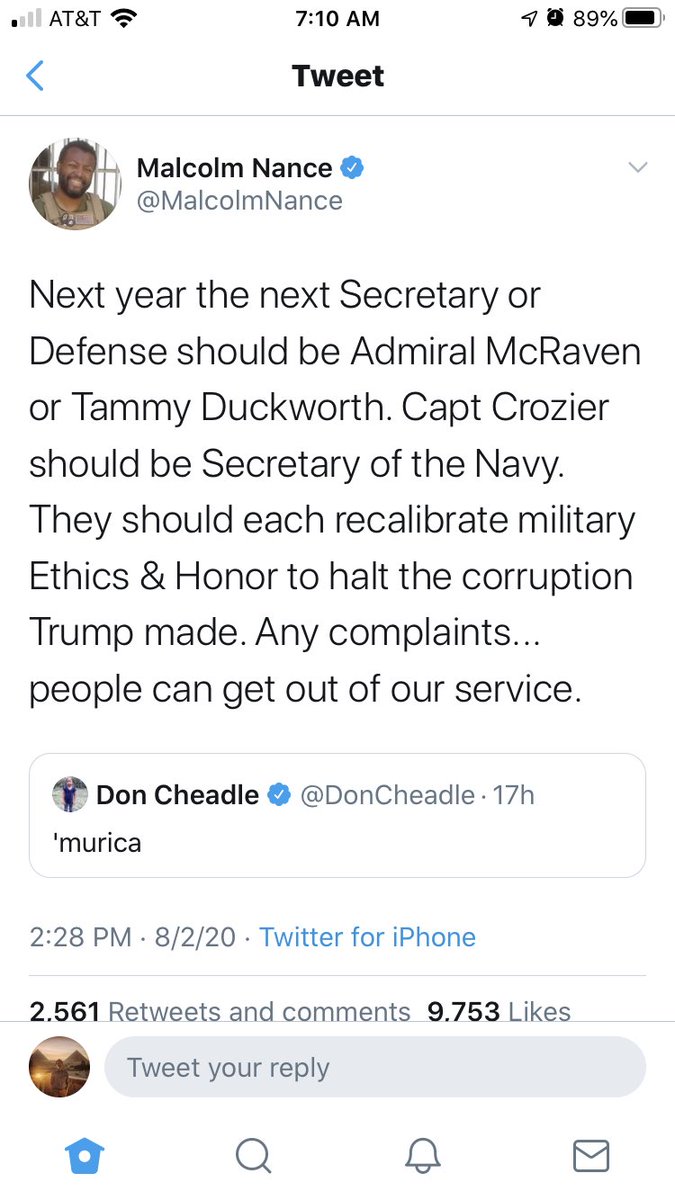
Counterfactual exercise: what was the most important *close* U.S. presidential election? 1/x
The 1876, 2000, and 2016 elections are obvious contenders. 1960 and 1976 are also worth consideration. Perhaps the 1796 and 1800 elections too. But I'll put in a qualified plug for 1916. 2/x
The 1916 election pitted President WoodrowWilson against former NY governor and Supreme Court justice (and future Secretary of State and chief justice) Charles Evans Hughes, whose distinct whiskers and demeanor led Teddy Roosevelt to refer to him as "the bearded iceberg." 3/x 



The campaign unfolded against the backdrop of WWI, Wilson's intervention in Mexico, the women's suffrage movement, and debates over the role of government. Wilson famously campaigned on the slogan, "He Kept Us Out of War"; Hughes for rearmament and readiness. 4/x 



Wilson and Hughes clashed on domestic issues, particularly on federal labor regulation, but both men were reformers with different areas of emphasis in the Progressive era. So I'll focus more heavily here on the WWI foreign policy counterfactual. 5/x 

Wilson won the popular vote, but the election was extremely close in the Electoral College. it came down to just 3,773 votes in CA. Hughes supposedly went to bed thinking he had won; Wilson considered conceding. Hughes had been considered the favorite for much of the race. 6/x 

The U.S. would have almost certainly entered WWI either way -- notwithstanding Wilson's secret negotiations to end the war, covered in @UVA_History's Philip Zelikow's excellent new book -- but Hughes may have taken a different approach to the peace. bit.ly/3wxlwkH 7/x
As with all counterfactuals, it's important to qualify one's assessments of the alternative path since they become less rigorous the farther you go. But Hughes would have probably done one big thing differently: the approach to the League of Nations and post-war settlement. 8/x 

We refer to Wilson as a foreign policy "idealist," but this term may mislead more than it clarifies. He could be pragmatic; similarly, idealistic internationalism was common among U.S. elites, whether "conservative" or progressive" per Thomas Knock). 9/x
bit.ly/3qtVuxA
bit.ly/3qtVuxA
Hughes supported a League. He even drafted amendments to Wilson's proposal on Article X (the collective security guarantee) and shopped them around in 1919, trying to find a compromise between a recalcitrant Wilson and his opponents in the Senate like Henry Cabot Lodge, Sr. 10/x 

Hughes might have done much differently-- he was more pro-civil rights than Wilson (low bar!), he might have embraced a more aggressive military strategy -- but it seems clear he would have compromised with the Senate and gotten the U.S. into the League. 11/x 

As @adam_tooze's The Deluge argues, the key question of the '20s is whether greater U.S. leadership might staved off interwar breakdown. Perhaps a LON with the U.S. and Hughes rather than Wilson might have been a platform for growth in that direction. 12/x bit.ly/3C2RqXs
Conversely, perhaps more militant and expansive war aims that Republicans sought vis-a-vis Germany might have created new facts and bilateral or trilateral relationships that could have contained threats to the peace in Central Europe under Hitler. (This is more tenuous.) 13/x
Hanging so much on Hughes -- a brilliant but polarizing figure, even in the GOP, where he was called the "whiskered Wilson" -- is likely a bridge too far. Int'l, domestic, and individual forces driving interwar breakdown were strong -- esp. post-1929 when the Depression. 14/x 

But it is worth revisiting this period, which raises so many interesting questions in U.S. foreign policy -- and illuminates how traditional depictions of realism/idealism and isolationism/internationalism don't capture the complexities of the era. 15/x
Finally, a postscript. As SecState, Hughes went on convene the Washington Naval Conference, conclude the Treaty of Berlin, and took a more conciliatory policy towards Latin America. He also helped thwart FDR's court-packing plan as Chief Justice. Quite a remarkable man. 16/x 

If you're interested in learning more about his career and times, I recommend Lewis Gould's compact "The First Modern Clash Over Federal Power: Wilson Versus Hughes in the Presidential Election of 1916." 17/x bit.ly/3c1ji3m
I also recommend Bob Zoellick's "America in the World," which has an extensive chapter on the Washington Conference. 18/x bit.ly/3D3E1Q7
No one has written a comprehensive biography of the man in a few decades but perhaps we'll get one! 19/19
• • •
Missing some Tweet in this thread? You can try to
force a refresh






